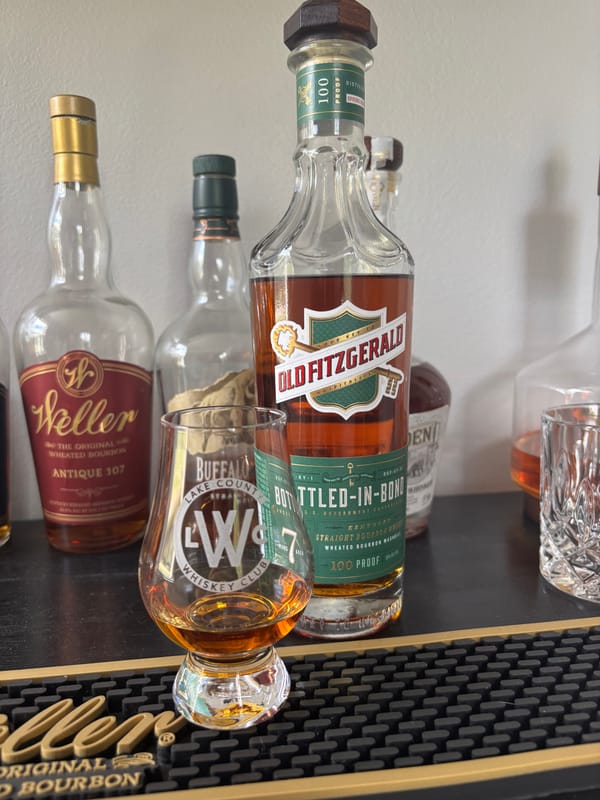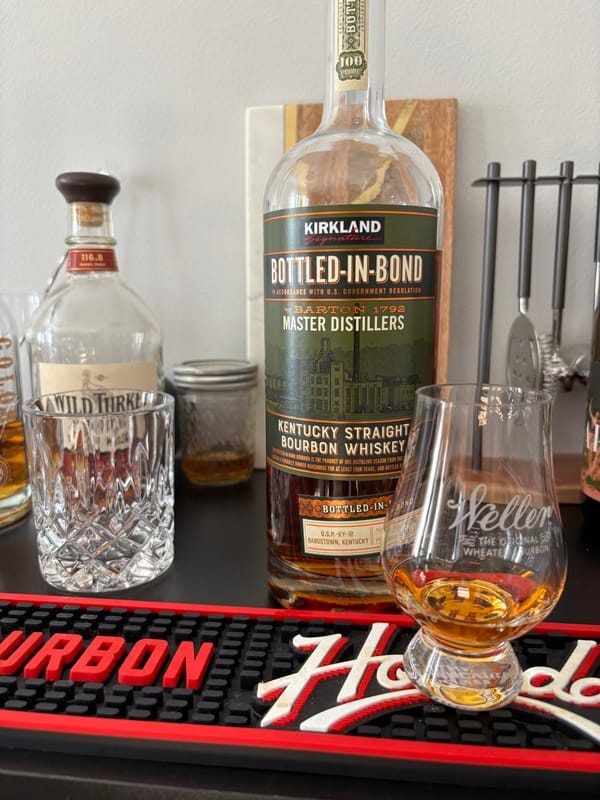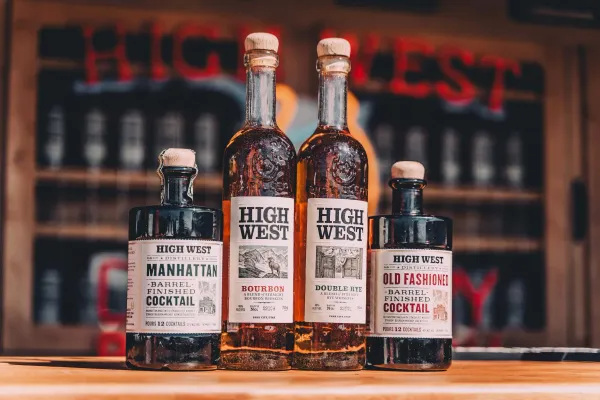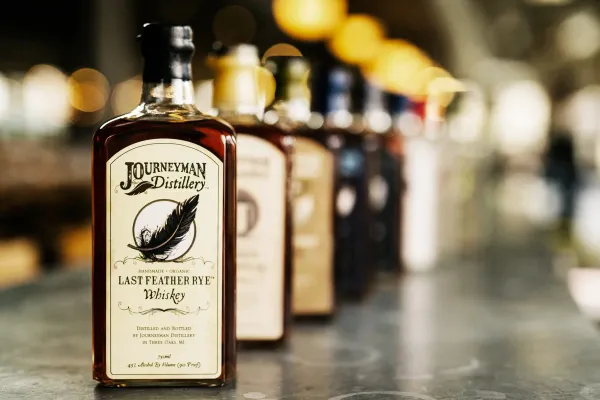5 Micro-Distilleries You’ll Regret Missing in 2025: Whiskey Secrets Unveiled

Why These Micro-Distilleries Are 2025’s Hidden Whiskey Gems
Big-name bourbon brands dominate shelves, but 2025 is the year to chase the underdogs—micro-distilleries crafting small-batch whiskeys with bold flavors and incredible histories. These small-scale producers are shaking up the whiskey world with innovation and tradition, from Indiana’s fruit-farming roots to Missouri’s Wild West legacy. We’re spotlighting five micro-distilleries—Starlight, Ben Holladay, New Riff, Chattanooga Whiskey, and Still Austin Whiskey Co.—you absolutely need to try before they become too big to stay under the radar. Here’s their unique stories, what they say makes them special, and why your whiskey journey demands them now.
Starlight Distillery – Borden, Indiana
A 180-Year Farm Legacy Turned Whiskey Gold
Nestled in Borden, Indiana, Starlight Distillery is more than a whiskey maker—it’s a seven-generation family tale tied to Huber’s Orchard & Winery, founded in 1843. According to starlightdistillery.com, the Huber family began distilling brandy in the early 1800s, and in 2001, Ted Huber revived this craft, transforming 700 acres of rolling hills into a whiskey haven. By 2025, their focus on estate-grown grains and fruits keeps them rooted in a farm-to-bottle tradition that spans nearly two centuries.
What Makes Starlight Special?
Starlight emphasizes their use of local ingredients—corn, rye, and fruits like peaches and blackberries grown on their land—to create whiskeys with distinctive flavors. Their Peach Whiskey ($40) combines estate peaches with bourbon, distilled on an 80-gallon Christian Carl pot still, while the Blackberry Whiskey ($40) blends their fruit with whiskey for a unique twist, per starlightdistillery.com. This hands-on approach, leveraging their orchard’s bounty, sets them apart as a small-batch producer deeply tied to Indiana’s terroir.
Ben Holladay – Weston, Missouri
From Stagecoach King to Bourbon Revival
Ben Holladay in Weston, Missouri, carries the name of the “Stagecoach King,” a 19th-century transport titan whose family laid the distillery’s foundation in 1856, per holladaydistillery.com. One of the Midwest’s oldest whiskey producers, it weathered Prohibition and relaunched in 2015 under McCormick Distilling Co. By 2025, their commitment to Missouri’s bourbon heritage—using local corn and barrels—keeps its legacy alive.
What Makes Ben Holladay Special?
Holladay highlights their dedication to history and quality, crafting bourbon with a recipe dating back over 160 years and aging it for at least six years in Missouri oak, according to holladaydistillery.com. Their Ben Holladay Bottled-in-Bond ($60, 100 proof) features a mash bill of 73% corn, 15% wheat, and 12% barley, offering a smooth, rich profile. They believe this blend of tradition and local sourcing makes their whiskey a standout in the modern craft scene.
New Riff Distillery – Newport, Kentucky
A Rebel Born in Bourbon’s Backyard
New Riff Distillery in Newport, Kentucky, opened its doors in 2014, just across the river from Cincinnati, founded by Ken Lewis, a former liquor retailer turned distiller, per newriffdistilling.com. Sitting outside Louisville’s bourbon epicenter, New Riff carved its niche by embracing Bottled-in-Bond standards from the start—a bold move for a small-scale operation.
What Makes New Riff Special?
New Riff focuses on uncompromising quality, producing every whiskey as Bottled-in-Bond—100 proof and aged at least four years—without chill filtration, according to newriffdistilling.com. Their Bourbon ($50) uses a high-rye mash bill, while the 6-Year Malted Rye ($65) explores richer malt flavors. They see their small-batch approach as a way to honor tradition while experimenting with new expressions, setting them apart in Kentucky’s crowded whiskey landscape.
Chattanooga Whiskey – Chattanooga, Tennessee
Breaking a Century of Whiskey Silence
Chattanooga Whiskey in Chattanooga, Tennessee, kicked off in 2011 as the city’s first legal distillery in over 100 years, sparked by a local petition that overturned a Prohibition-era ban, per chattanoogawhiskey.com. Founded by Tim Piersant, this micro-distillery builds on Tennessee’s whiskey heritage with a fresh, craft-driven spin. By 2025, their creative streak keeps them in the spotlight.
What Makes Chattanooga Special?
Chattanooga prides itself on innovation, using local grains and custom barrels—often toasted rather than just charred—to craft distinctive whiskeys, according to chattanoogawhiskey.com. Their Chattanooga Whiskey 91 ($40, 91 proof) blends traditional flavors with a modern twist, while Cask 111 ($50) offers a bolder oak profile. They view their small-batch experimentation as a way to write new chapters in Tennessee’s whiskey story.
Still Austin Whiskey Co. – Austin, Texas
Texas Grit in a Grain-to-Glass Tale
Still Austin Whiskey Co. launched in 2015 in Austin, Texas, founded by locals Chris Seals, Andrew Braunberg, and Nancy Fraley, turning a music hub into a whiskey contender, per stillaustin.com. As the city’s first urban distillery since Prohibition, they’ve embraced Texas’s rugged spirit, sourcing all their grains locally and distilling in a 50-foot column still. By 2025, their grain-to-glass focus marks them as a micro must-try.
What Makes Still Austin Special?
Still Austin highlights their Texas roots—using 100% local corn, rye, and barley shaped by the state’s hot days and cool nights—to produce whiskeys with a regional edge, according to stillaustin.com. Their Cask Strength Bourbon ($60, 118 proof) delivers intense flavors, while The Musician ($40, 98 proof) balances rye and oak. They believe this all-Texas approach, paired with small-batch production, crafts a whiskey that’s unmistakably their own.
Why These Micro-Distilleries Are 2025 Must-Tries
Starlight, Ben Holladay, New Riff, Chattanooga, and Still Austin showcase the power of small-scale whiskey making, blending rich histories—from 1800s farms to Prohibition rebels—with innovative twists. Their unique stories and dedication to craft set them apart as micro-distilleries you can’t ignore. Want to sip their secrets before they go mainstream? Check out NEAT: Whiskey Finder—it’ll help you track down bourbon and whiskey near you.





